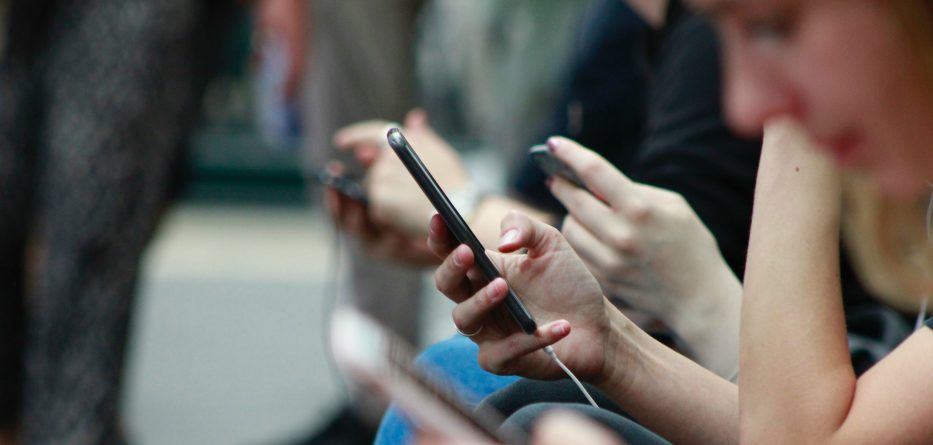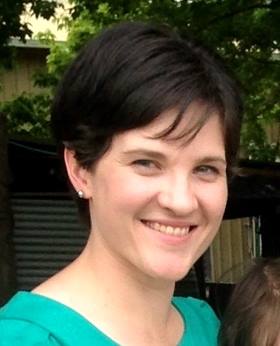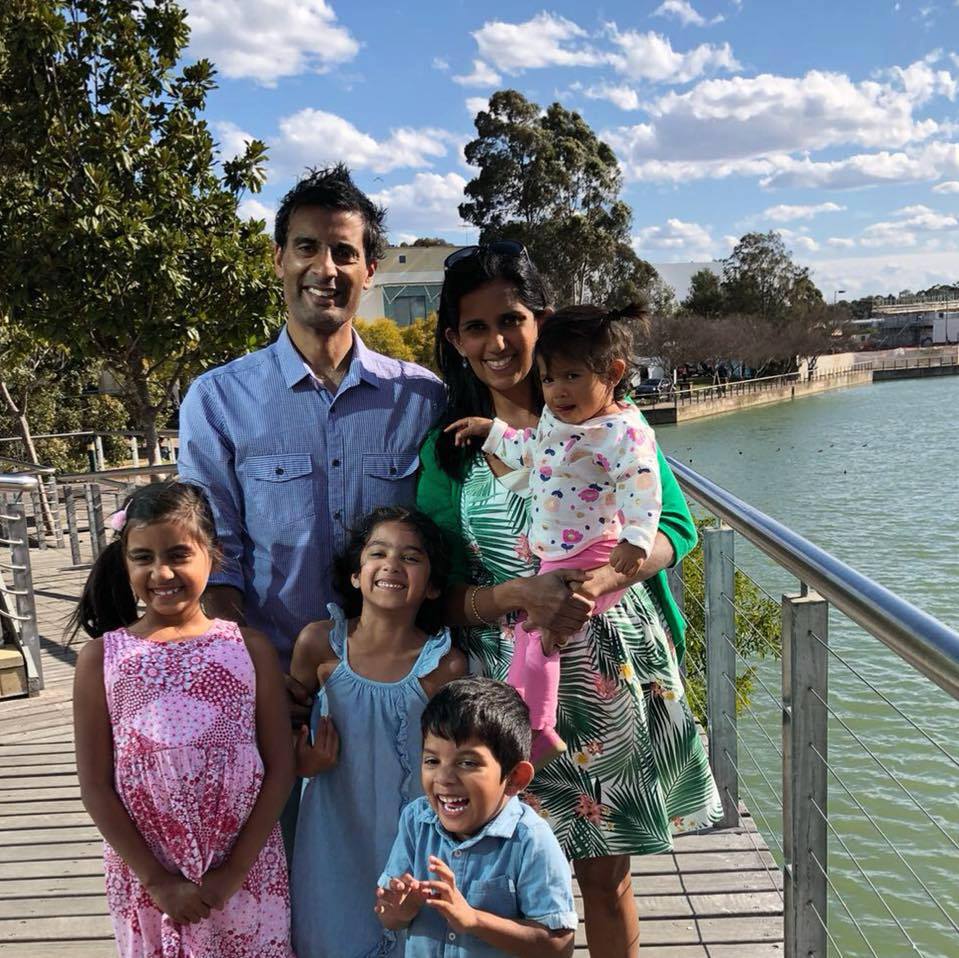Faith on Facebook – how these Catholics are connecting their faith life with online life
Love it or hate it, social media is becoming more prevalent. 79% of Australians use social media on a regular basis according to a 2018 report by Sensis.
The same report found two-thirds of Australians active on social media will check their feeds once a day. Over a third check it more than five times a day, using it to connect with friends, family and strangers around the globe, while at work, on public transport, eating out, watching TV, and even on the toilet.
While older generations have been sceptical of social media in the past, take up is growing, with almost half of those over 65 years of age on social media.
Even Pope Francis has said that “emails, text messages, social networks and chats” can be “fully human forms of communication”. He added, “Communication, wherever and however it takes place, has opened up broader horizons for many people. This is a gift of God which involves a great responsibility. I like to refer to this power of communication as ‘closeness’.”
More clergy (including our own Bishop Vincent Long) are embracing social media to share more information about the Diocese of Parramatta and the Catholic Church’s position on social issues.
Bishop Vincent on Instagram below
View this post on InstagramA post shared by Diocese of Parramatta (@parracatholic) on
Bishop Richard Umbers, Auxiliary Bishop of the Archdiocese of Sydney and the youngest Catholic bishop in Australia, has a uniquely unapologetic and humorous social media approach that has made him increasingly popular among Catholics across Australia and the world.
Known by his Twitter followers as ‘Bishop Down Umber’ and for his penchant for memes (often, but not always) with a Catholic or intellectual twist, he’d almost certainly fall into the category of people checking their smartphones for social media updates more than once a day.
“I see Twitter as sort of a place that you can hang out. It’s not an overt marketing campaign, it’s a natural extension of who I am and that’s why I use it,” Bishop Umbers said. “Being online is an added dimension to existence. It overcomes barriers of distance, it makes it easier to connect with other like-minded people. Used well, it’s complementary to real, or ‘offline’ life.”
Overcoming the barriers of distance and connecting with other like-minded people is exactly what the founders of the website Young Catholic Mums and its associated Facebook group Young Catholic Mums – Prayer and Support Group had in mind. Founded by Melbourne women Sarah Hlavacek and Jill Cheong, the website and Facebook group is run by a team of volunteers who are located around Australia.
“What we have discovered along the way is that for many women, becoming a mother can be an isolating experience. Social networking then, plays a vital role in helping connect like-minded people together,” says Emily Shaw, a Young Catholic Mums team member based in the Diocese of Wagga Wagga.
“In a country where there can be such a tyranny of distance, where some families feel like they’re the only ones in their parish, this virtual community becomes incredibly important.
“I have to admit that I have made some great friends through this network, women of similar backgrounds and situations who live all over Australia and who are now an indispensable part of my ‘village’ as friends, prayer warriors and helpmates,” Emily said.
Tanya Castellino, a mother of four from St Paul the Apostle Parish, Winston Hills, is a member of this group and finds the ability to connect with women who share her values incredibly rewarding. “It’s so helpful to connect with other mums who are going through the same things that you’re going through, who are not going to judge you, and who will give you honest opinions.”
Social media interactions have sometimes made it easier for Tanya to ask questions about deeper personal, faith-related or social issues as well as crowdsource recommendations for her family.
“Even with discerning about having kids for example or discussing things like NFP (Natural Family Planning) – post that in a different group and people might not understand,” Tanya said. “When I was looking for a dancing school for my daughter, I wanted to hear from other Catholic mums because they knew I’d be looking for a school where the students will be doing appropriate moves and wearing modest clothes – having that group was helpful.”
As a busy mum, Tanya also uses social media as a source of faith formation by following the pages of Catholic speakers and podcasters. “I don’t check those pages every day, but every now and then something will come up on your feed and you feel like you’re getting the input. Before I used to go to all these Catholic talks and events, but now I’ll listen to podcasts, I’ll read a blog, or I’ll watch a video on Facebook. When you see other people comment you feel like you’re not alone.”
She also uses her own posts to show her support for what is often a minority view on social issues. “Often many Catholics are afraid to say their view. I guess on some issues I want to show people that they’re not alone,” Tanya said.
“I think it’s important that people see there’s another side and not everyone agrees with what the media is reporting. There are times I have kept silent because I do know I am going to get attacked and I just didn’t have the energy or the time to look up all the information and debate.”
RELATED: Fr Robert gathers wisdom in UK for young Australian Church
Bishop Umbers is familiar with the heated attention that often comes with sharing his faith online. “People feel very free to express themselves online in a way that I’m very sure they would not be in person. Now, there’s a certain passion involved in certain subjects – religion and politics especially. I think one thing that’s important is that need for respect,” he said.
For those who are keen to connect with others and share their faith online, his recommendations are two-fold and simple: “Authenticity – don’t try and make a big deal of it, don’t hide it either,” Bishop Umbers said. “And all of us have to remember we can only give what we have, so that means spending time without the phone as well. Read more, especially scripture.”
With 99% of people aged 18-29 on social media, according to Sensis, the ability to integrate online and offline life is a skill many young people are learning on the go. As social media becomes more and more part of everyday life for young Australian Catholics, using its power for good comes down to intentionally using our online connections to build meaningful relationships. In the words of Pope Francis, “It is not technology which determines whether or not communication is authentic, but rather the human heart and our capacity to use wisely the means at our disposal.”










